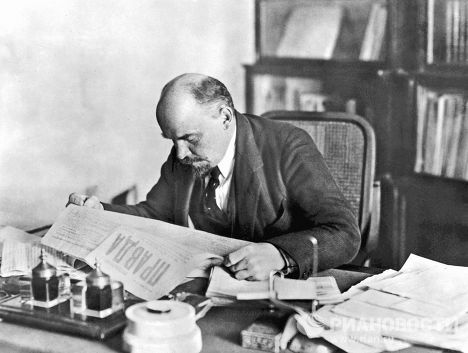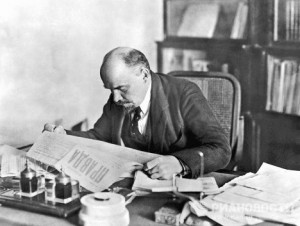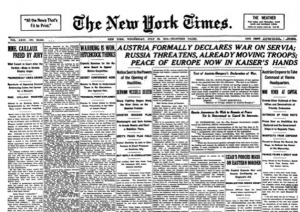
By Cody McLaughlin | The Save Jersey Blog
First and foremost, Save Jerseyans, I’d like to acknowledge that this scathing opinion (with a speckling of great information and research thrown in for flavor) is being published in a right-of-center political blog (with a regular readership numbering in the thousands). Which is exactly where it belongs.
Care to take an educated guess where it (or a similarly scathing opinion rife with boiling rhetoric) wouldn’t belong? It wouldn’t belong on the front page of a traditional print media publication, being passed off as unbiased “news” coverage by activist click-bait producing copywriters who call themselves journalists.
What’s probably most shocking are that the examples of slanted media coverage are evident in tone and diction used; you can find some particularly egregious examples here, here and here.
What happened to the Fourth Estate? Let’s take a look…

The State of the Media
The full-time print journalist is a dying breed, folks. Consider that, according to the American Society of News Editors, there was a 6.4 percent decline in professional editorial jobs at newspapers between 2011 and 2012, a sum total of almost 2,600.
This collapse brought the number of full-time print journalists in the industry below 40,000 for the first time since 1978. That’s bad news for the news industry, but even worse for the American public, as effort and staff are less dialed in on the quality of their reporting as energies are redirected elsewhere. Where? Smaller staffs with ever increasing responsibilities face a standing newsroom mandate to post online, post often, engage readers online, use social media, focus on web hits and clicks and compete fiercely to be first with little regard for accuracy.
The Newsroom: Then and Now
A mere decade ago, print journalists typically had limited responsibilities. They interviewed sources, did research and reported findings to the people.
Now? Increasing percentages of reporters gain editing duties work on special sections (driven by advertising) and cover topics they’d regularly write about. They also live-tweet meetings, post breaking news online and interact with readers on Twitter, Facebook or even Pinterest.
In addition to increased responsibility, the boom in the digital advertising industry has turned web hits into a major focus in recent years. Rather than focusing on being great journalists, staff writers are increasingly burdened by concerns about revenues and web traffic. This isn’t to say reporters are being lazy or ignoring the foundation of journalism, but they receive more pressure from the top of organizations to drive traffic to the website to encourage premium rates while their time to research stories and produce them is crippled.
 Where does this leave the media… and us?
Where does this leave the media… and us?
I’m no expert on the business of media; I’ll be the first to admit it. That being said, there is continued distress being felt by many once-proud publications. Even the Washington Post was sold-off to Jeff Bezos of Amazon in Mid-2013. Television loses more and more market share to digital advertising, due mainly to the hurting streaming services like Netflix and Hulu have put on them.
Traditional print media has moved online, even cutting the amount of days they are printed at all in some cases.
This is an important first step. The merging of the media channels with the internet has staved off collapse at the hands of the free-flowing information of the internet.
Now, reporters need to rediscover their niche. A renaissance of old-school journalistic principles is definitely in order. When people want to read opinions on anything from food to politics, there is a blog ready and willing to serve those needs. What the journalism sector needs to accomplish is an unbiased and fair reporting of hard facts that informs the American public on the issues rather than their issues.
I still believe in the power and importance of the media, and I’m printing my opinion on their past, present and future right here. On the Save Jersey blog. Where my opinion belongs.
______



No it is not. Especially when the entire media is controled by only 8 entities.
Great point, John. My question to you is this: if not the media, then who?
In an age where content and story placement is increasingly controlled by comms people, there is a tight line to walk between fair reporting and hit rates.
The first step is to free reporters of their obligation to drive readership. The second is to battle the knee jerk post-watergate conception that if you are a reporter and can take someone down, you will be famous. Reward reporters based on good reporting rather than juicy tag lines and their kill-ratio.
The media is biased beyond the point of believing anything they say . I would question the date.
In order to regain credibility, they must also learn the proper spelling, punctuation, grammar, etc. It appears that the only job of editors is to write opinion. Have these people, be they TV or print, learned the difference between singular and plural? Have they heard of the past tense? The media often criticizes education while they do not seem to know the basics of 6th and 7th grade English classes.